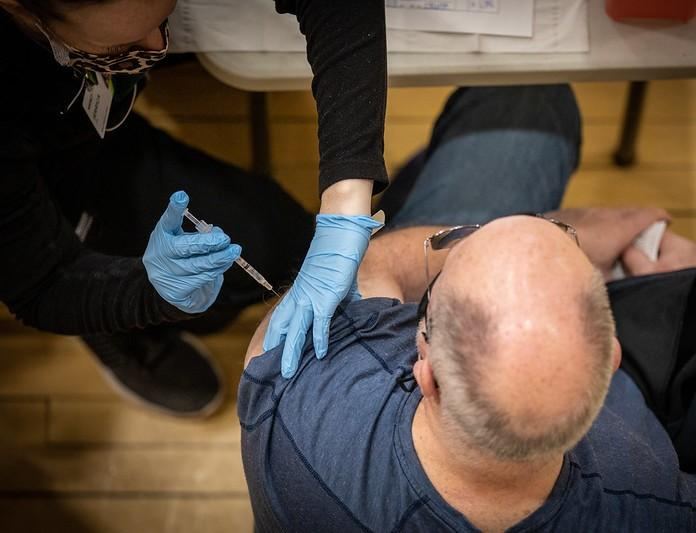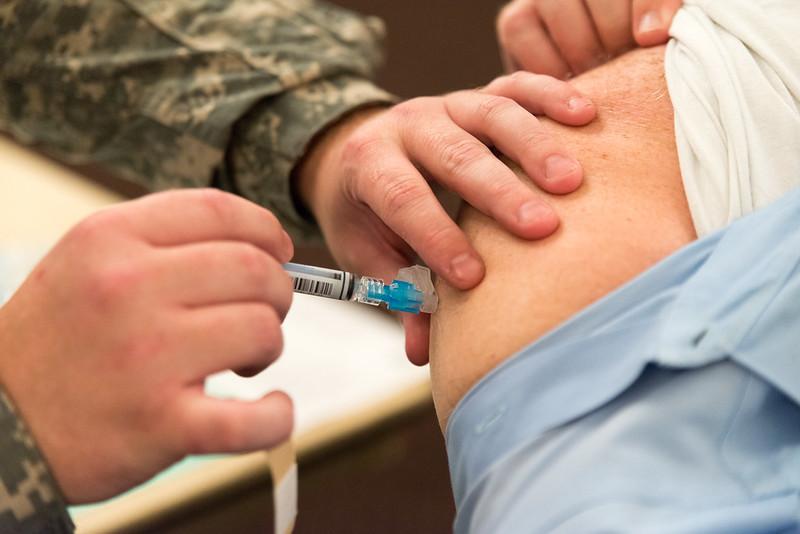
A retrospective cohort study found that preoperative urine culture testing was not associated with a lower risk of urinary tract infections (UTIs) or surgical-site infections (SSIs), researchers reported yesterday in JAMA Network Open.
Although guidelines recommend against preoperative urine culture testing before nonurologic surgery because it frequently results in unnecessary antibiotics for asymptomatic bacteriuria, previous studies have found that up to 25% of nonurologic surgical procedures are preceded by a screening urine culture, with rates even higher in certain surgical specialties and implant procedures. To assess the relationship between preoperative urine culture and postoperative UTI and SSI, researchers analyzed surgical procedures performed from 2017 through 2019 at any of 112 Veterans Affairs (VA) medical centers.
The cohort included patients who underwent major elective noncardiac, nonurologic operations. The researchers used inverse probability of treatment weighting (IPTW) to balance characteristics between those did and did not undergo a urine culture.
No reduction in UTIs or SSIs
A total of 250,389 VA enrollees who underwent 288,858 surgical procedures were included in the study; 88.9% of surgical procedures involved male patients, and 48.9% patients were 65 years or older. Before IPTW, patients with a preoperative urine culture were older, more likely to have a history of UTIs, and have more comorbidities. Baseline characteristics were well balanced among treatment groups after applying IPTW weights.
Preoperative urine culture was performed for 10.5% of surgical procedures. The IPTW analysis found that preoperative urine culture was not associated with SSI (adjusted odds ratio [AOR], 0.99; 95% confidence interval [CI], 0.90 to 1.10) or postoperative UTI (AOR, 1.18; 95% CI, 0.98 to 1.40). In analyses limited to orthopedic surgery and neurosurgery as a proxy for prosthetic implants, the adjusted risks for UTI and SSI were also not associated with preoperative urine culture.
The study authors say they hope the results will change the costly and potentially harmful practice of urine testing and antibiotic use prior to surgery.
"Despite data and guidelines, deimplementation of ingrained practices is challenging," they wrote. "The findings from this study can inform educational interventions and can be used for audit and feedback interventions to deimplement routine, unnecessary urine cultures and antibiotic treatment."
















